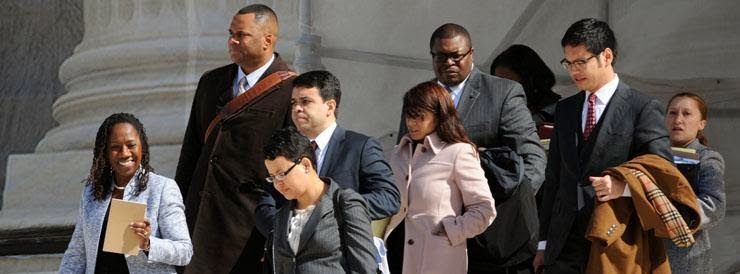The Aaron Hernandez Project Freedom
By: Jesus Christ
This is what Aaron will result in. Like they said, only because this case is
high profile that he will get off. Why?
They know the burden of proof is clearly Beyond reasonable doubt, which in the case
would require my NSA data.
Have the defense attorney
create a team ASAP.
Have my Brother Louis decide who runs this fund, because
at the time I do not like what is going on with NAAPC and how they created Ferguson
Any case that does not meet "Beyond reasonable doubt," when it was required, get
out of jail with payment for everyday in jail or prison. To qualify you will require a GED or a competency certificate. If they cannot
learn to read, they are developmentally disable and has been identified to get
a guardian representation.
That is the order and being lazy is not the fast track
out, everybody will at least try to learn to read.
Hyperlink:
Felony
Convictions:
Burden of proof
refers most generally to the obligation of a party to prove its allegations at
trial. In a civil case the plaintiff sets forth its allegations in a complaint,
petition or other pleading. The defendant is then required to file a responsive
pleading denying some or all of the allegations and setting forth any affirmative facts in defense. Each party has
the burden of proof of their allegations.
In this case cover every aspect of law to create legal precedence in the
future.
- Legal standards
- Reasonable suspicion
- Reasonable to believe
- Probable cause for arrest
- Some credible evidence
- Substantial evidence
- Preponderance of the evidence
- Clear and convincing evidence
Beyond reasonable doubt:
Proof beyond a reasonable doubt, therefore, is proof of such a convincing character that one would be willing to rely and act upon it without hesitation in the most important of one's own affairs. However, it does not mean an absolute certainty. The standard that must be met by the prosecution's evidence in a criminal prosecution is that no other logical explanation can be derived from the facts except that the defendant committed the crime, thereby overcoming the presumption that a person is innocent unless and until proven guilty.
If the trier of fact has no doubt as to the defendant's guilt, or if their only doubts are unreasonable doubts, then the prosecutor has proved the defendant's guilt beyond a reasonable doubt and the defendant should be pronounced guilty.
The term connotes that evidence establishes a particular point to a moral certainty which precludes the existence of any reasonable alternatives. It does not mean that no doubt exists as to the accused's guilt, but only that no reasonable doubt is possible from the evidence presented. Further to this notion of moral certainty, where the trier of fact relies on proof that is solely circumstantial, i.e., when conviction is based entirely on circumstantial evidence, certain jurisdictions specifically require the prosecution's burden of proof to be such that the facts proved must exclude to a moral certainty every reasonable hypothesis or inference other than guilt.
The main reason that this high level of proof is demanded in criminal trials is that such proceedings can result in the deprivation of a defendant's liberty or even in his or her death. These outcomes are far more severe than in civil trials, in which monetary damages are the common remedy.
Jesus Christ

No comments:
Post a Comment